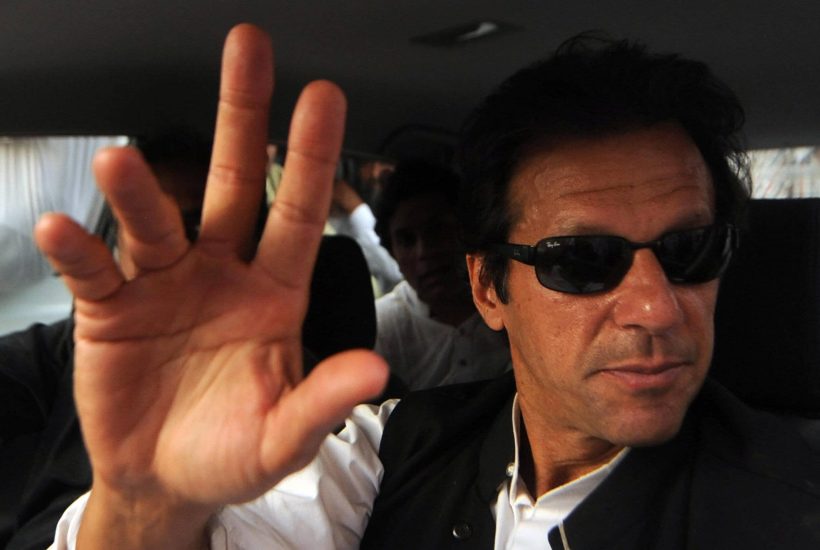On Sunday, Imran Khan became the first prime minister in Pakistan’s history to be ousted by a no-confidence vote. Followers of Khan’s Pakistan Tehreek-e-Insaf party naturally took to the streets; much of their anger has been directed at the generals who engineered their leader’s downfall.
It was a clash with the all-powerful military that, like so many of his predecessors, finally ended Khan’s prime ministership.
Already a subscriber? Log in
Subscribe for just $2 a week
Try a month of The Spectator Australia absolutely free and without commitment. Not only that but – if you choose to continue – you’ll pay just $2 a week for your first year.
- Unlimited access to spectator.com.au and app
- The weekly edition on the Spectator Australia app
- Spectator podcasts and newsletters
- Full access to spectator.co.uk
Or




















Comments
Don't miss out
Join the conversation with other Spectator Australia readers. Subscribe to leave a comment.
SUBSCRIBEAlready a subscriber? Log in